Happy Holidays! This December we have a timely treat as we discuss what Roth Conversions are and attempt to provide an inside look at how to determine if it makes sense for you or not. Next month we will go back to talk about deciding between going with Roth or Traditional Contributions. For now, we thought it would be a prudent time to provide some education on Roth Conversions with a detailed case study, so buckle in!
First, what is a Roth Conversion? Well, you may have heard of it as a “Back Door Conversion” or some type of tax loophole, but we are going to stick with Roth Conversion for today. The simple definition is this; Take Traditional Contributions that are already in retirement accounts and convert them to a Roth IRA by paying the taxes from non-retirement assets. As a refresher, take a look at last month’s blog to understand the difference between the two.
Most of the time when this is brought up proactively to me by a client, the first thing I explain is how it works and what your out-of-pocket costs are. Well, as you know from our first blog, it depends on what your personal tax situation looks like. From a bird’s eye view, it means that the amount your convert is added to your ordinary income for that tax year and taxed at that marginal rate.
Why do people use an advisor? Well diving deeper, that means it can completely change and upend your existing tax plan if you don’t do some due diligence before deciding to do a Roth Conversion. If your Social Security is being taxed at the lower end of 50% of your benefits, it could move you to 85% being taxed. If you are already at 85%, you could be moved from the 12% tax bracket to the 22% bracket. And if that isn’t enough, you could hit IRMAA Tax Cliffs and pay higher premiums for your Medicare without even realizing it! We can tell you that people don’t like surprises that cost them money!
If that client came back in the spring, they would not be very happy campers. There are many ways to plan in advance to convert as much as possible at lower tax brackets, but it doesn’t happen overnight.
When we get a new client, especially before retirement and Social Security ages, we often plan for conversions by putting money in the right places years beforehand and utilize those conversions as a part of our Tax and Drawdown Strategy. This creates significant tax savings sometimes in the millions of dollars without even looking at investment performance. It is much easier to understand when your advisor has already done the detailed work and research for you, which is why ongoing Financial Planning, is incredibly valuable. A “one-time plan” is a stagnant document that simply cannot keep up.
If you are considering this for tax year 2023 and this made you pause, now may be the time to call. If you see the value that this can provide you as you plan for retirement, then don’t hesitate. The longer you wait to plan, the fewer options you will have.
About Forman Investment Services

If you are not familiar with us, Forman Investment Services is an independent practice located in Columbus, Indiana focusing on Family Wealth Management and generational planning. We serve clients not just locally, but across the country and globe. In today’s day and age, especially after experiencing COVID, we are very comfortable communicating from any distance whether it be in person, a Zoom call, or by phone. We confidently adapt to our clients lives and unique relationship in the style of communication and complexity.
Our planning encompasses much more than choosing investments, as we must consider tax/estate planning, education funding, insurance, retirement planning, and so much more. We work with a select group of clients who value time, family, and recreation, and need today’s investment, tax, and estate planning complexities coordinated for them. We also provide one-time plans to those that are not in need of an ongoing advisor relationship yet to help get you on the right track.
Reach out to us for an introduction if you are interested in learning more!
Any opinions are those of Forman Investment Services and not necessarily those of Raymond James. Investing involves risk and you may incur a profit or loss regardless of strategy selected. Raymond James and its advisors do not offer tax or legal advice. You should discuss any tax or legal matters with the appropriate professional. Prior to making an investment decision, please consult with your financial advisor about your individual situation.


 Raymond James financial advisors may only conduct business with residents of the states and/or jurisdictions for which they are properly registered. Therefore, a response to a request for information may be delayed. Please note that not all of the investments and services mentioned are available in every state. Investors outside of the United States are subject to securities and tax regulations within their applicable jurisdictions that are not addressed on this site. Contact your local Raymond James office for information and availability.
Raymond James financial advisors may only conduct business with residents of the states and/or jurisdictions for which they are properly registered. Therefore, a response to a request for information may be delayed. Please note that not all of the investments and services mentioned are available in every state. Investors outside of the United States are subject to securities and tax regulations within their applicable jurisdictions that are not addressed on this site. Contact your local Raymond James office for information and availability.